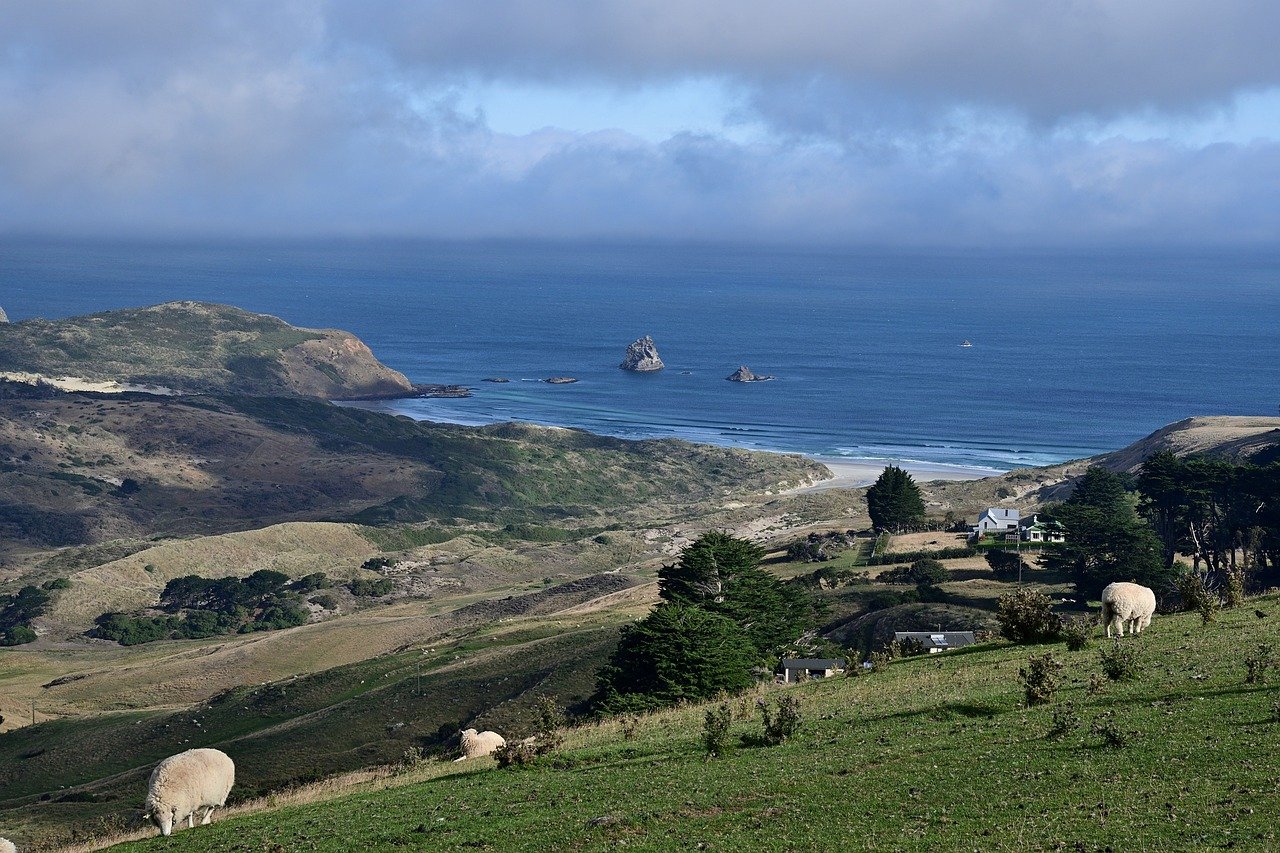EU Council gives final green light to free trade agreement
The Council today adopted a decision on the conclusion of a free trade agreement (FTA) between the EU and New Zealand. This decision clears the path, on the EU side, for the entry into force of the agreement.
Once New Zealand also completes its legal requirements and procedures, the agreement can enter into force, probably in early 2024.
EU-New Zealand free trade agreement
The FTA will liberalise and facilitate trade and investment, as well as promote a closer economic relationship, which will open significant economic opportunities for companies and consumers on both sides.
The EU is New Zealand’s third biggest trade partner. Bilateral trade in goods between the two partners has risen steadily in recent years, reaching almost €9.1 billion in 2022.
Once the agreement enters into force, bilateral trade is expected to grow by up to 30% thanks to this deal, with EU annual exports potentially growing by up to €4.5 billion. EU investment into New Zealand has the potential to grow by up to 80%. The deal can cut some €140 million a year in duties for EU companies in the first year of application.
The agreement, once in place, will:
- eliminate all tariffs on key EU exports to New Zealand such as pigmeat, wine and sparkling wine, chocolate, sugar confectionary and biscuits
- open New Zealand’s services market in key sectors such as financial services, telecommunications, maritime transport and delivery services
- ensure non-discriminatory treatment for EU investors in New Zealand and vice versa
- improve access for EU companies to New Zealand government procurement contracts for goods, services, works and works concessions
- protect close to 2000 EU wines and spirits such as Prosecco, Polish Vodka, Rioja, Champagne and Tokaji
- protect 163 of the most renowned traditional EU products (Geographical Indications), such as Asiago, Feta, Comté or Queso Manchego cheeses, Istarski pršut ham, Lübecker Marzipan or Elia Kalamatas olives
- facilitate data flows, predictable and transparent rules for digital trade and a secure online environment for consumers
- prevent unjustified data localisation requirements and maintain high standards of personal data protection
- help small businesses export more through a dedicated chapter on small and medium enterprises
- reduce compliance requirement and procedures to allow for the quicker flow of goods
- protect and enforce intellectual property rights, aligning these with EU standards, according to commitments by New Zealand
New generation bilateral agreements
The EU-NZ Free Trade Agreement is the first agreement to fully integrate the EU’s new approach to trade and sustainable development (TSD) which was endorsed by the Council in the conclusions of 17 October 2022.
It includes a dedicated sustainable food systems chapter, a dedicated trade and gender equality article and a dedicated provision on trade and fossil fuel subsidies reform.
The deal also liberalises green goods and services at entry into force.
In case of serious violations of core labour principles or of the Paris Agreement, the FTA foresees sanctions as a last resort.
Background and next steps
The European Union concluded negotiations for a comprehensive and ambitious trade agreement with New Zealand on 30 June 2022. The agreement was signed on 9 July 2023.
The European Parliament, as stipulated in the TFEU, gave its consent to the conclusion of the Agreement on 22 November 2023.
Once the agreement has been ratified by New Zealand, and the two sides notify each other about the completion of their internal procedures, it can enter into force.
The entry into force will take place on the first day of the second month after both sides confirm they have completed legal requirements and procedures, or on another date agreed by the parties.
- EU- New Zealand FTA and addenda
- EU-NZ agreement (background information)
- EU trade agreements (background information)
- Council conclusions on TSD (press release, 17 October 2022)
- Infographic – EU trade with New Zealand: See full infographic
Visit the EU Council meeting page
EU Commission welcomes the ratification

